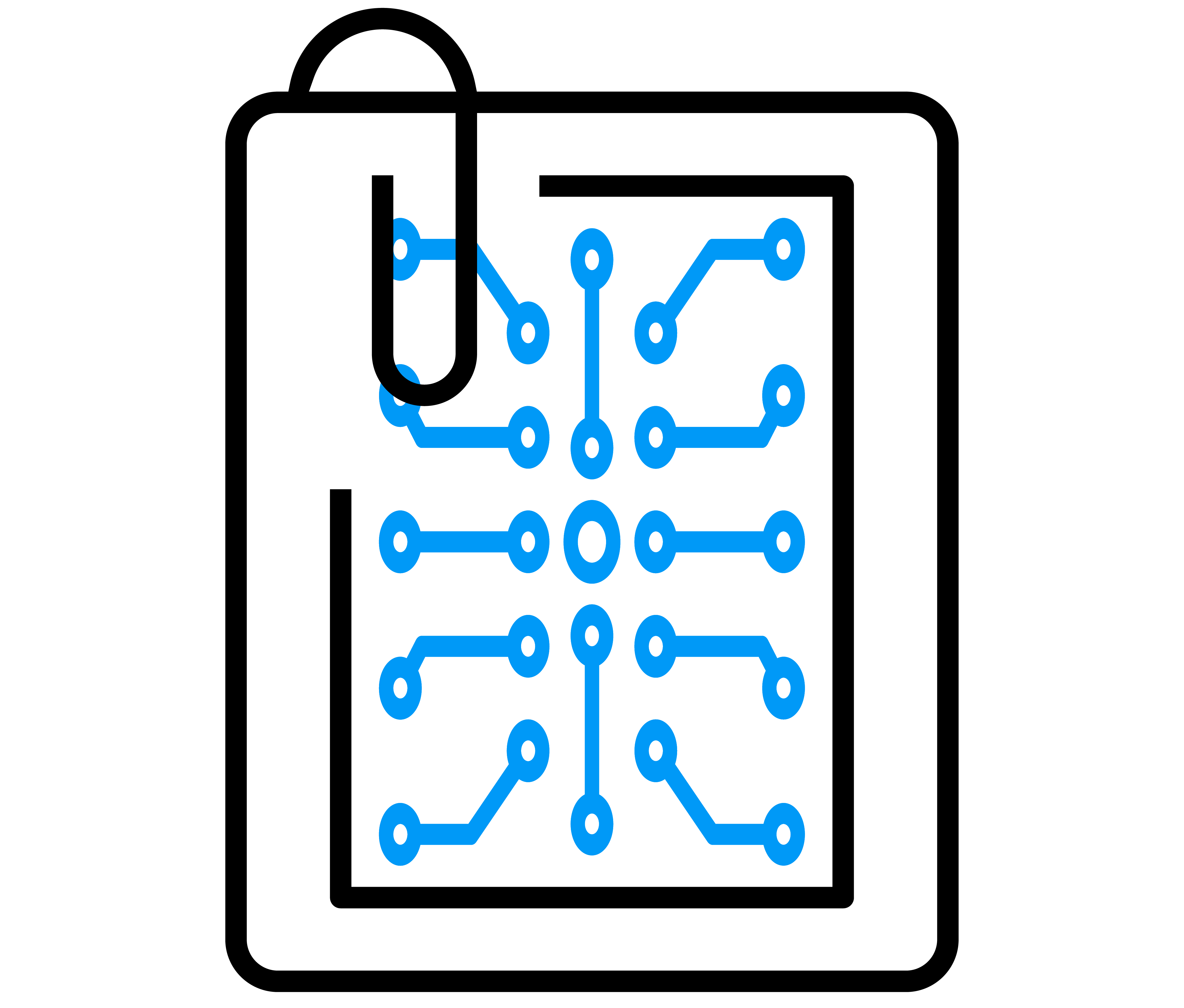Jenkins is a self-contained Java-based program, ready to run out-of-the-box, with packages for Windows, Mac OS X and other Unix-like operating systems. As an extensible automation server, Jenkins can be used as a simple CI server or turned into the continuous delivery hub for any project.
https://www.jenkins.io/doc/book/installing/
To install and setup the Jenkins server on the Linux machine Java is the requirements. Steps are,
1- Java
2- Download Jenkins Binary
3- Install Jenkins
1- Java is a requirement.
Use sudo user to install Java.
> sudo apt install openjdk-8-jre
> sudo update-alternatives --config java2- Install Jenkins
First download the Jenkins Binary for debian Linux.
> wget -q -O - https://pkg.jenkins.io/debian-stable/jenkins.io.key | sudo apt-key add -
> sudo sh -c 'echo deb https://pkg.jenkins.io/debian-stable binary/ > \
> /etc/apt/sources.list.d/jenkins.list'
> sudo apt-get updateNow install the Jenkins on the machine.
> sudo apt-get install jenkins3- Access Server
> http://192.100.10.15:8080/
> /var/lib/jenkins/secrets/initialAdminPassword
> sudo cat /var/lib/jenkins/secrets/initialAdminPassword




